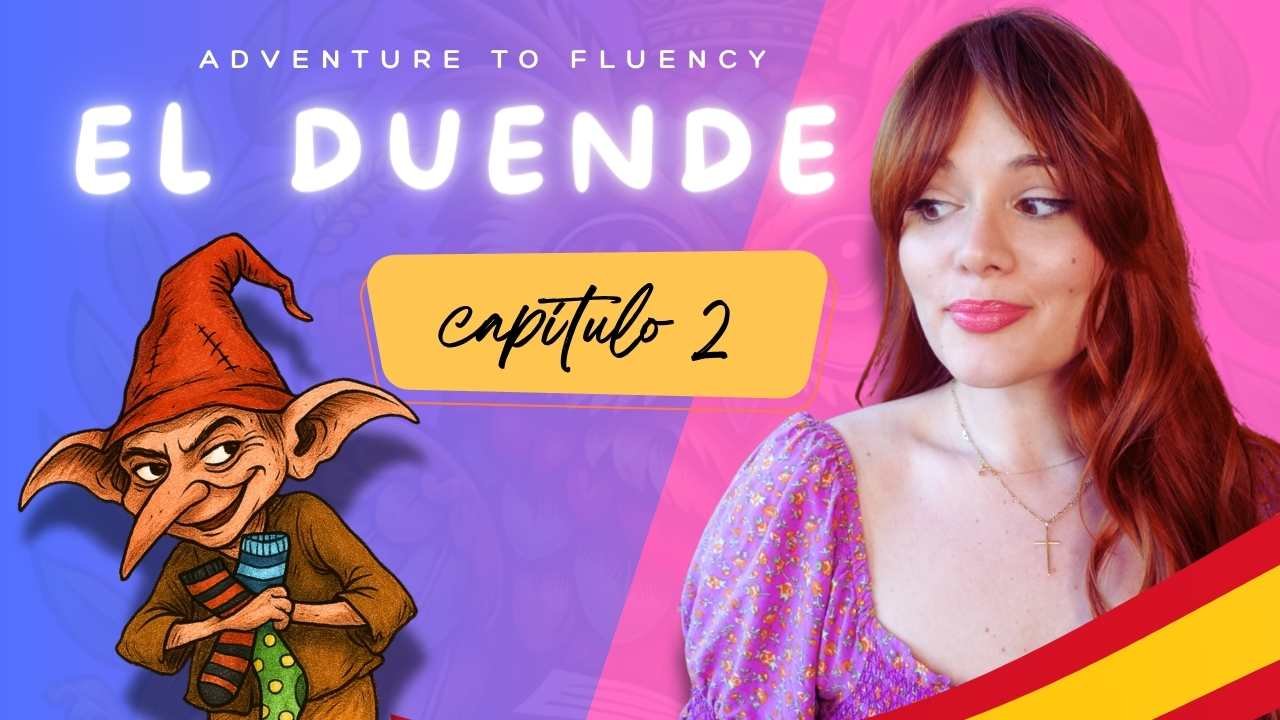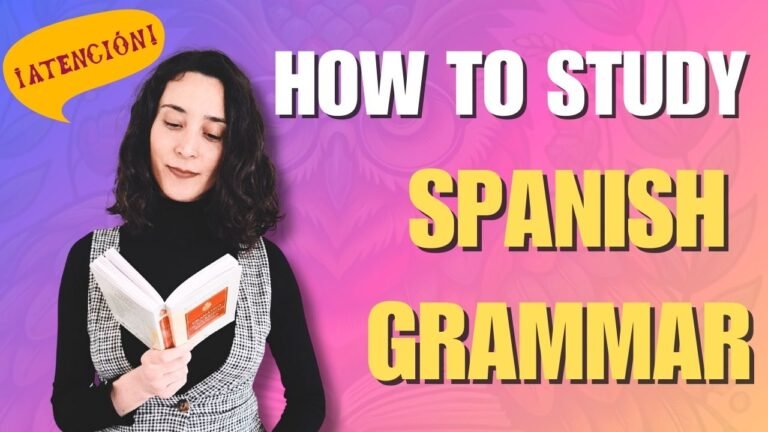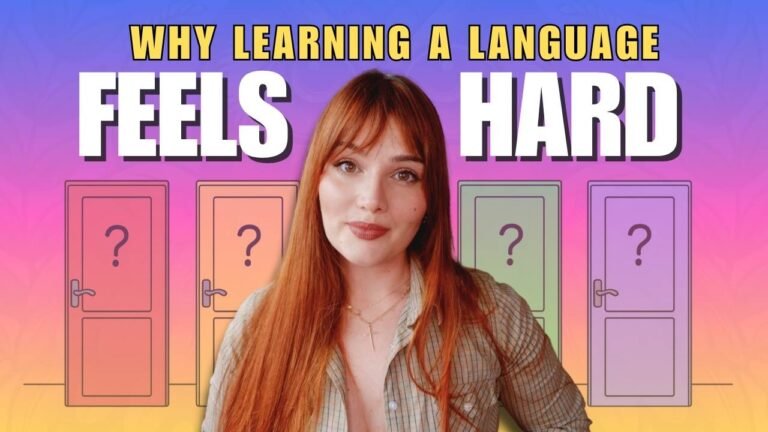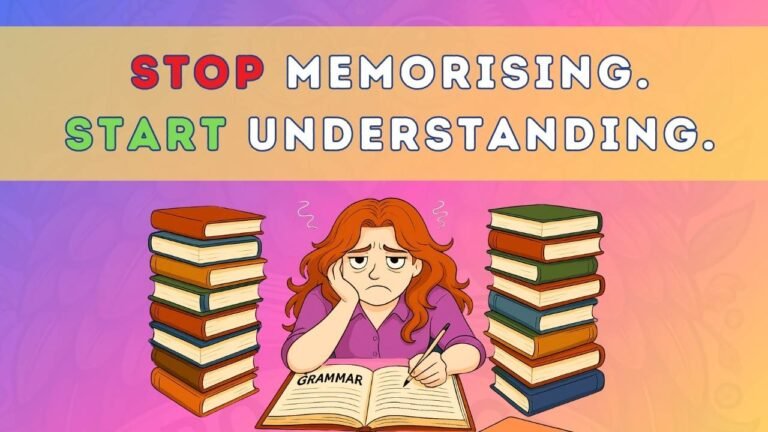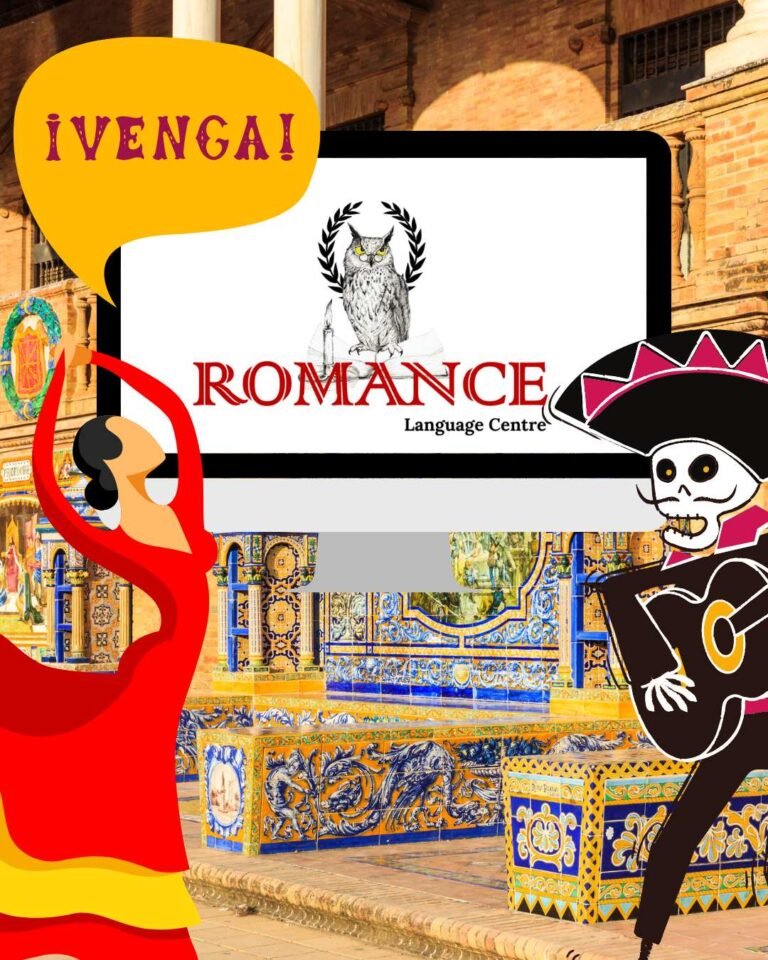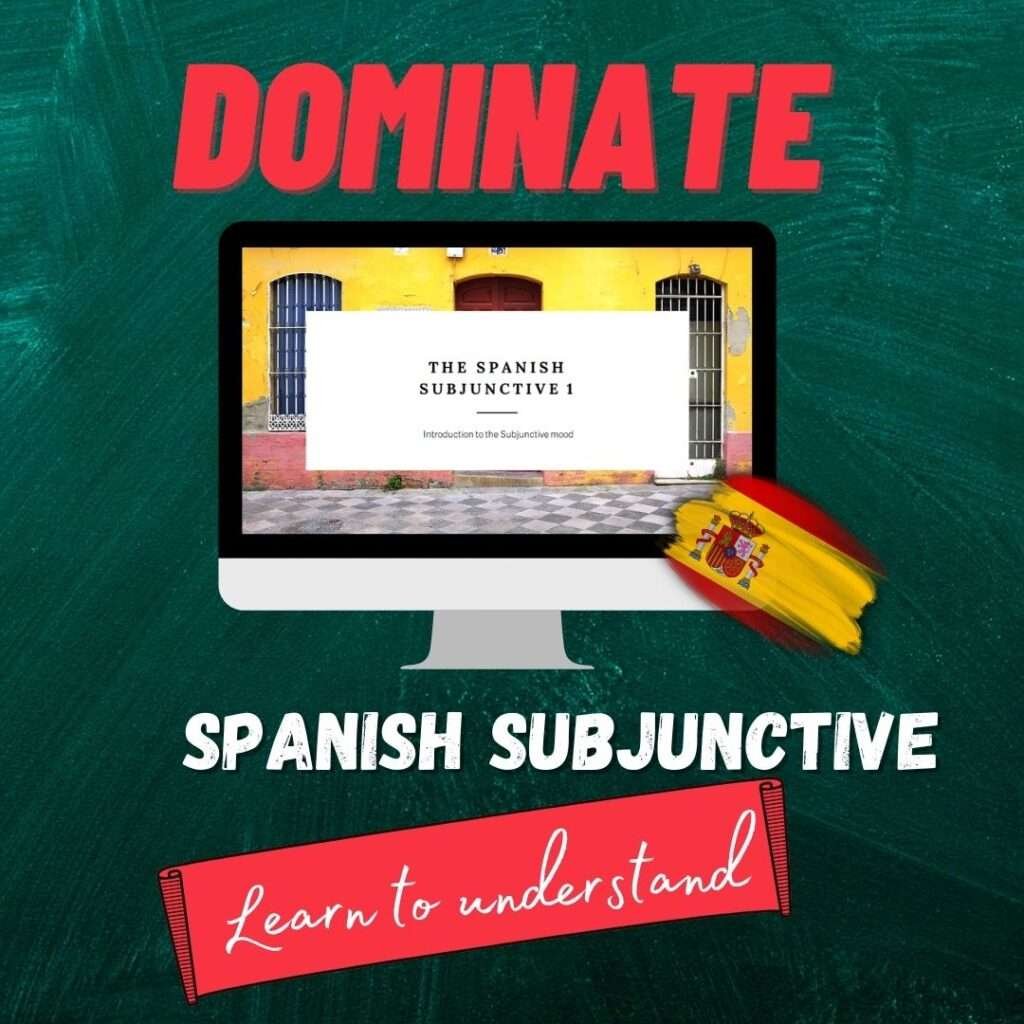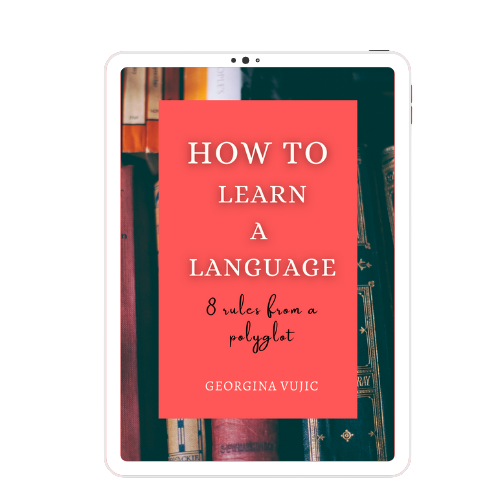Welcome back to the Adventure to Fluency Spanish Podcast Blog, where you learn Spanish through stories that connect real culture with real language skills. Today, we are pulling back the curtain on one of Spain’s most curious legends: el duende.
If you have ever opened your laundry basket only to find one lonely sock missing its pair, or spent fifteen frustrating minutes looking for keys you know you left on the table, you are not alone. But what if I told you this was not just forgetfulness, but the work of a mischievous house guest from Spanish folklore?
Get ready to explore the folklore, the curious history, and the Spanish grammar treasures that this tiny trickster has tucked away. And do not forget: you will also discover how duende is not just a creature but one of the most magical words in the Spanish language.
So grab a cup of café, wrap yourself in your favorite blanket (and both socks if you can find them), and let’s dive in.
WHO OR WHAT IS EL DUENDE?
Let’s start with the basics. In Spanish folklore, a duende is no ordinary prankster. Picture a tiny magical being, Spain’s cousin to the goblin, the brownie, or the leprechaun, living secretly in the corners of your house and quietly moving your things around just for fun.
In the past, if your kitchen was a mess or you heard strange bumps in the night, you might blame it on the duende. Did not do the dishes? Clearly the duende knocked them over. Missing your keys? The duende hid them. That lone sock that disappears forever? Definitely the duende’s doing.
While this might sound like a cute myth, the duende’s power once went beyond missing laundry. Back in the 16th century, Spanish tenants could even use a resident duende as a valid reason to break a rental agreement. Imagine telling your landlord today, “I’m breaking my lease because I have a sock-stealing goblin.” If only!


THE MANY FACES OF A STORY
Like many legends, el duende is not just one creature but many. Different regions in Spain have their own unique versions, each with its own personality and tricks.
For example, in Galicia you might encounter el trasno, a dwarf-like figure known for carrying a stick and stirring up nightly chaos in attics and kitchens. If you tried to escape his tricks by moving house, legend says he would happily pack his tiny bag and follow you.
Then there is the trasgo of Asturias, famous for his red cap and sometimes a twisted leg. While he might rattle pans and hide your spoons, if you treat him kindly he might help with chores. Having a folklore prankster as a roommate is not always bad.
These characters remind us that Spain’s rural regions hold tight to centuries-old myths. In some villages, you might still hear people say, “La casa se vende con todo y con duende.” Translation: “The house is sold with everything, and the duende too.” The idea that a house comes with its own resident mischief-maker is both charming and a little spooky.
MORE THAN A GOBLIN
Here is where learning Spanish through stories gets even more interesting. Duende is what we call a palabra polisémica, or a word with more than one meaning.
Beyond being a mischievous house spirit, duende in Spanish culture represents something much deeper, especially in the arts. The Spanish poet Federico García Lorca brought this word to life when he described el duende as a powerful, mysterious force that flows through an artist’s work.
Think of it as the spirit or passion that moves an audience to tears, that spark that makes a singer’s voice unforgettable, or the raw energy of a flamenco dancer’s performance that gives you goosebumps.
It is nearly impossible to translate duende with just one English word. Some people call it soul, some say inspiration, but none quite capture it. Lorca described el duende as the magic that “surges up from the soles of the feet.”
So yes, the same word that names a sock-stealing goblin can also describe the emotional power behind unforgettable art. This is why you learn Spanish through stories — one word can hold centuries of culture, myth, and emotion.
SPANISH GRAMMAR SPOTLIGHT: PALABRAS POLISÉMICAS
Learning palabras polisémicas is like discovering secret pathways in the Spanish language. They unlock extra meaning, deepen your cultural understanding, and help you sound more natural.
Here are a few more everyday examples:
Llama
- Meaning 1: Flame. La llama de la vela. (The candle’s flame.)
- Meaning 2: The Andean animal. Las llamas viven en los Andes. (Llamas live in the Andes.)
Cola
- Meaning 1: A tail. El perro mueve la cola. (The dog wags its tail.)
- Meaning 2: A line or queue. Hicimos cola para entrar. (We waited in line to get in.)
Pico
- Meaning 1: A bird’s beak. El pájaro tiene un pico largo. (The bird has a long beak.)
- Meaning 2: A peak or a small extra amount. Cuesta veinte euros y pico. (It costs twenty euros and a bit more.)
Spotting these words in context helps you learn Spanish through stories and real conversation instead of memorizing dry lists. Pay attention, and you will start to see how words change shape naturally.ng. Instead of memorising rules blindly, you see how they work in real, living language.
So how do you use this legend to boost your Spanish? Here are a few quick ways to practice el duende and palabras polisémicas in daily life:
✅ Use It in Context
When a performance moves you, say: “Ese cantante tiene duende.” Or about a painting: “Esta obra tiene mucho duende.”
✅ Spot the Goblin
Lose your keys? Blame the duende — in Spanish. “¡El duende escondió mis llaves otra vez!”
✅ Write Short Sentences
Practice words like llama, cola, and pico in both meanings. This helps you shift naturally between contexts.
✅ Read Real Spanish
Find poems or songs that use duende. Lorca’s essays are perfect if you feel ready.
✅ Practice with the Transcript
Download the free worksheet and transcript for this episode. Fill in the blanks and notice how each word changes meaning.

WHY LEARNING SPANISH THROUGH STORIES IS IMPORTANT
You might wonder: Why learn about mythical creatures like duendes when you are trying to get fluent? Because language never stands alone. It always lives inside stories, superstitions, history, and humor.
When you learn Spanish through stories like this, you are not just memorizing a word for goblin. You are stepping inside old Spanish homes, listening to how people explained everyday mysteries, and discovering how a single word can dance between the supernatural and the poetic.
This connection is what makes your Spanish stick. You will remember el duende the next time you cannot find your keys. You will feel the duende the next time music moves you to tears.
Thank you for joining us on this adventure. I hope el duende leaves your socks alone tonight and instead leaves you with a spark to keep learning and imagining.
LEARN SPANISH WITH ROMANCE
@romancelanguagecentre 👀 What if El Chupacabras isn’t a monster at all? In this clip from our Adventure to Fluency podcast, we dig into one creepy theory — some say the legendary Chupacabras might just be a sick coyote with la sarna (mange). Learn a strange twist of folklore and pick up this useful Spanish word at the same time. Myth or reality? You decide! 👉 Catch the full story + grab the free transcript and worksheet here: https://romancelanguagecentre.com/spanish-podcast/ #LearnSpanish #SpanishPodcast #Chupacabras #SpanishVocabulary
@romancelanguagecentre ✨ UN PELÍN DE ESPAÑOL ✨ This week’s bit of real Spanish: sudar la gota gorda. It means to sweat buckets — or to work really hard for something. 📚 Example: “Sudé la gota gorda en el examen.” Now it’s your turn: When did you sudar la gota gorda? Finish it below: “Yo sudé la gota gorda cuando…” 👇 A little Spanish, every week — Learn to Understand. #spanishgrammar #spanishpodcast #learnspanish
♬ original sound – romancelanguagecentre – romancelanguagecentre
@romancelanguagecentre Adventure to Fluency Podcast | S1EP2 | Duende: The Secret Power of Art 🎨 ✨ Did you know duende isn’t just a mischievous goblin? In Spanish, it’s also the magical force behind great art and deep emotion! 👉 Catch the full podcast episode + grab the free transcript and worksheet here: https://romancelanguagecentre.com/spanish-podcast/ LearnSpanish ElDuende SpanishVocabulary SpanishCulture AdventureToFluency #spanishgrammar #spanishpodcast
♬ original sound – romancelanguagecentre – romancelanguagecentre
At Romance Language Centre, we believe learning Spanish shouldn’t stop at just listening to stories like this one. Our mission is to help you live the language — to understand not just the words, but the worldview behind them.
That’s why our teaching isn’t about dry rules or endless drills.
We build each lesson around your goals and progress (Targeted Learning).
We make sure you don’t just cram — you truly remember (Cognitive Retention).
We help you see the “why” behind the grammar (Showing, Not Telling).
We use authentic context so grammar has meaning (Grammar is Your Friend).
We help you balance accuracy and fluency so you can speak naturally (Accuracy is Key to Fluency). And we open the door to the mindset of native speakers (Enter Native Speakers’ Minds).
A legend like El Duende is the perfect example: a simple story that’s rich with cultural meaning, vocabulary, grammar, and a fresh perspective on how Spanish speakers see the world.
We are not for everyone, but we might be just for you!
Whether you’re just starting out or ready to take your Spanish to the next level, we’re here to help. Book a FREE consultation today and let’s map out a learning plan that works for you. With our expert guidance and a focus on structured learning and spaced repetition, you’ll be navigating even the most complex grammar with confidence in no time. Sign up now to start your journey toward fluency!


